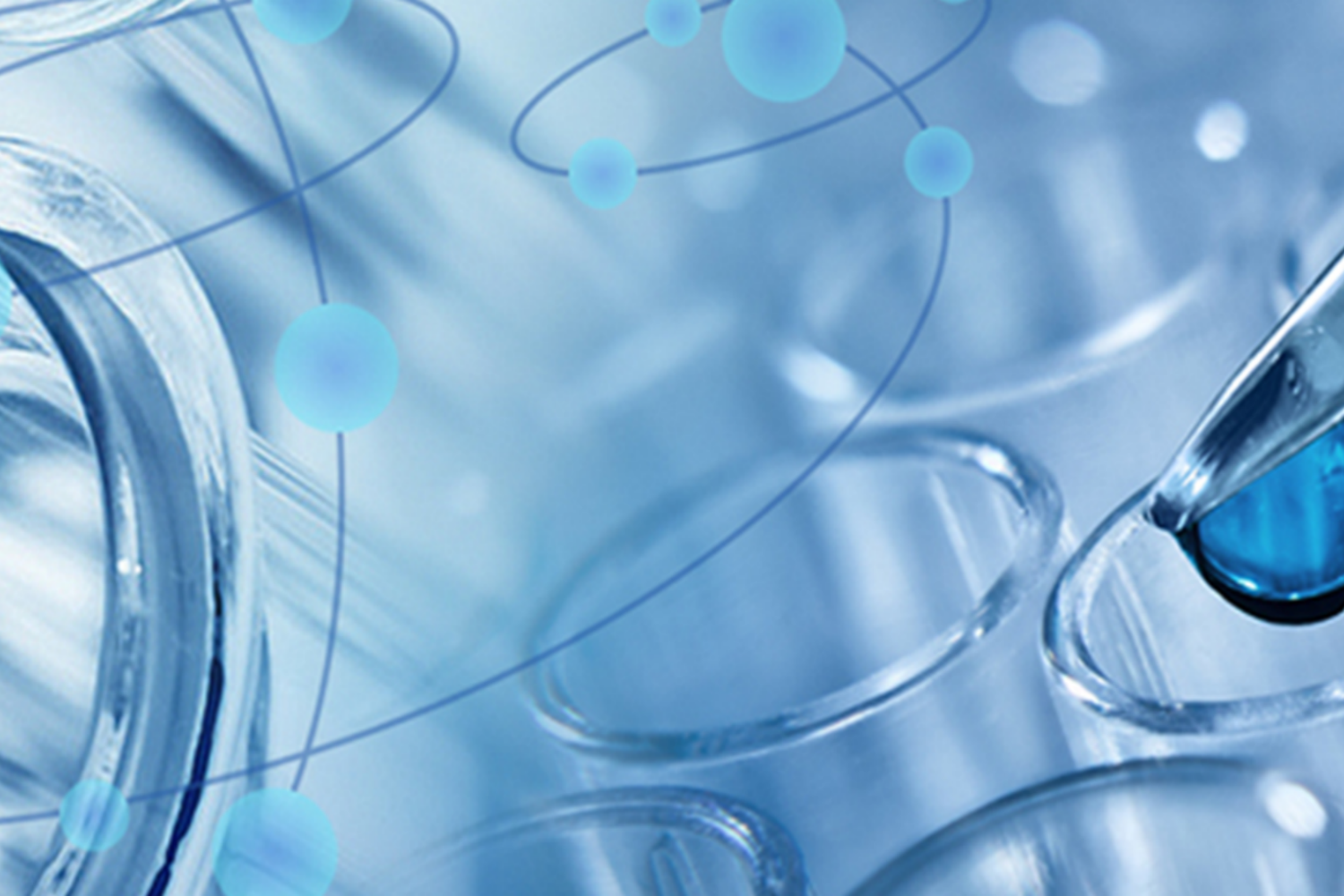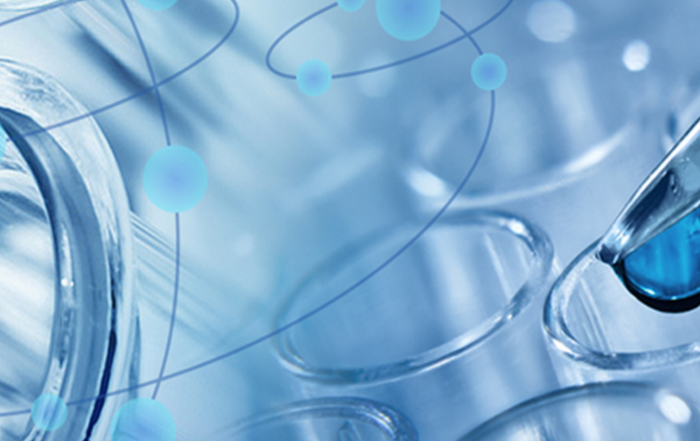Sodium hydrosulfide (NaHS), as a primary donor of hydrogen sulfide (H₂S), has several specific applications in cancer drug synthesis:
As a sulfur source to introduce into drug molecules
In cancer drug synthesis, NaHS can serve as a sulfur source to introduce sulfur atoms into drug molecules. The activity of some sulfur – containing cancer drugs is closely related to the sulfur atoms in the drug molecules. By providing sulfur atoms through NaHS, sulfur – containing cancer drugs with specific structures and functions can be synthesized to exert anti – cancer effects.
As a hydrogen sulfide donor to prepare new cancer drugs
NaHS can act as a hydrogen sulfide donor, releasing hydrogen sulfide gas when dissolved in water. Under certain conditions, hydrogen sulfide can inhibit various cancer cells. For instance, studies have shown that at specific concentrations, NaHS can induce liver cancer cell apoptosis. This might be achieved by regulating intracellular signaling pathways and redox states.
In modifying and improving cancer drugs
NaHS can modify and improve existing anticancer drugs to enhance their anticancer activity or reduce side effects. For example, combining NaHS with certain anticancer drugs to form hybrid complexes can allow slow in – vivo release of hydrogen sulfide and the drug, increasing drug concentration in tumor tissue and reducing damage to normal tissue.
In synthesizing targeted anticancer drugs
NaHS can be used to synthesize targeted anticancer drugs. By combining with specific targeting molecules or carriers, it can deliver hydrogen sulfide or sulfur – containing anticancer groups precisely to cancer cells, improving the therapeutic effect and selectivity. For example, NaHS – synthesized hydrogen sulfide – nanoparticle complexes can release hydrogen sulfide specifically in tumor tissue, inhibiting cancer cell growth.
In anticancer drug enhancers
NaHS can be used as a raw material for anticancer drug enhancers. By reacting with certain compounds to produce enhancers that boost the efficacy of anticancer drugs, it can enhance the anticancer drugs’ ability to kill cancer cells and reduce drug resistance.
As a tool for anticancer drug development
In anticancer drug development, NaHS can serve as a tool to study the mechanisms of cancer development and drug action. Observing NaHS’s effects on cancer cell growth, proliferation, apoptosis, and signaling pathways provides theoretical and experimental support for developing new anticancer drugs.




